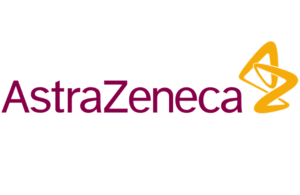 AstraZeneca’s (LON:AZN) SGLT2 inhibitor Farxiga (dapagliflozin) led to a statistically significant and clinically meaningful reduction in the primary composite endpoint of cardiovascular death or worsening heart failure in the DELIVER Phase 3 study.
AstraZeneca’s (LON:AZN) SGLT2 inhibitor Farxiga (dapagliflozin) led to a statistically significant and clinically meaningful reduction in the primary composite endpoint of cardiovascular death or worsening heart failure in the DELIVER Phase 3 study.
First FDA approved in 2014 as a type 2 diabetes treatment, Farxiga has scored approvals related to heart failure and chronic kidney disease.
AstraZeneca now says that data from the DELIVER and DAPA-HF Phase 3 studies show its efficacy in heart failure regardless of ejection fraction.
In the two studies, the safety profile of Farxiga was consistent with prior data.
Farxiga’s biggest competitor is Jardiance (empagliflozin) from Boehringer Ingelheim and Eli Lilly, first approved in 2014 for type 2 diabetes. Jardiance now has two FDA indications related to heart failure.
Another competitor is the heart failure drug Entresto (sacubitril/valsartan) from Novartis, which had $2.8 billion in sales in 2021
In 2021, Farxiga generated approximately $3 billion in overall revenue. Jardiance sales were about half as much.
The DELIVER trial focused on patients with heart failure with mildly reduced or preserved ejection fraction.
According to CDC, roughly 6.2 million adults in the U.S. have heart failure.
AstraZeneca notes that about half of heart failure patients have mildly reduced or preserved ejection fraction and limited treatment options.
“We are delighted to have met the primary endpoint in this patient population, which has few treatment options,” said Dr. Scott Solomon, principal investigator of the DELIVER Phase 3 study. “DELIVER is the largest and broadest trial to date in heart failure with mildly reduced or preserved ejection fraction. The results of DELIVER extend the benefit of dapagliflozin to the full spectrum of patients with heart failure.”
AstraZeneca plans on sharing results from the DELIVER study at an upcoming medical conference and will file for expanded regulatory authorization later this year.